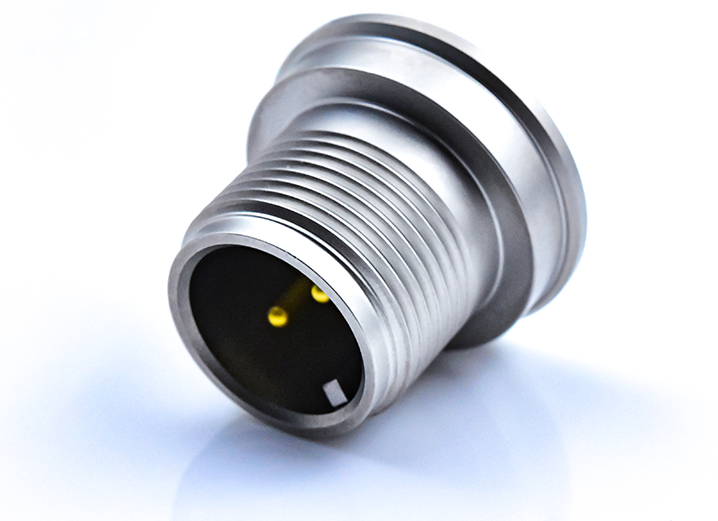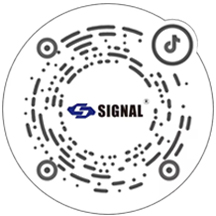
Hermetic electrical connectors are engineered to provide airtight, gas-tight seals, ensuring the integrity and reliability of electrical systems in environments where exposure to moisture, gases, and extreme pressures can compromise performance. By effectively preventing the ingress of contaminants, these connectors are vital in maintaining the functionality of critical systems across various industries.
Key Characteristics of Hermetic Electrical Connectors:
1. Robust Environmental Sealing: Hermetic connectors create a secure barrier against environmental factors such as moisture, dust, and gases, safeguarding sensitive electronics from potential damage and ensuring consistent performance in challenging conditions.
2. High-Pressure and Temperature Resistance: Designed to withstand extreme pressures and temperatures, hermetic connectors maintain their sealing capabilities and structural integrity, making them suitable for applications involving significant environmental stress.
3. Superior Electrical Performance: By preserving the purity of the internal environment, these connectors ensure stable electrical characteristics, which is crucial for the accuracy and reliability of electronic systems.
Applicable Industries and Use Cases:
· Aerospace and Defense: In aerospace and military applications, hermetic connectors are essential for avionics, communication systems, and weaponry, where they must endure extreme temperatures, vibrations, and exposure to fuels and lubricants.
· Oil and Gas: Exploration and extraction environments expose equipment to high pressures, temperatures, and corrosive substances. Hermetic connectors ensure dependable performance in downhole tools, sensors, and control systems.
· Industrial Automation: Manufacturing facilities often present challenging conditions, including exposure to chemicals, moisture, and mechanical stress. Hermetic connectors are utilized in robotics, sensors, and control systems to maintain consistent performance and reduce downtime.
· Automotive: Vehicles require connectors that can endure temperature fluctuations, vibrations, and exposure to automotive fluids. Hermetic connectors are employed in engine control units, sensors, and safety systems to ensure reliable operation.
· Medical Equipment: Medical devices demand high reliability and resistance to sterilization processes involving heat and chemicals. Hermetic connectors are used in imaging systems, diagnostic equipment, and surgical instruments to maintain performance and patient safety.
Selecting the appropriate hermetic connector depends on factors such as operating environment, mechanical stresses, and specific application requirements. For tailored solutions that meet the rigorous demands of your applications, Shenzhen SIGNAL offers a comprehensive range of hermetic electrical connectors. Our expertise and commitment to quality ensure that you receive connectors designed to perform reliably in even the most challenging environments.






